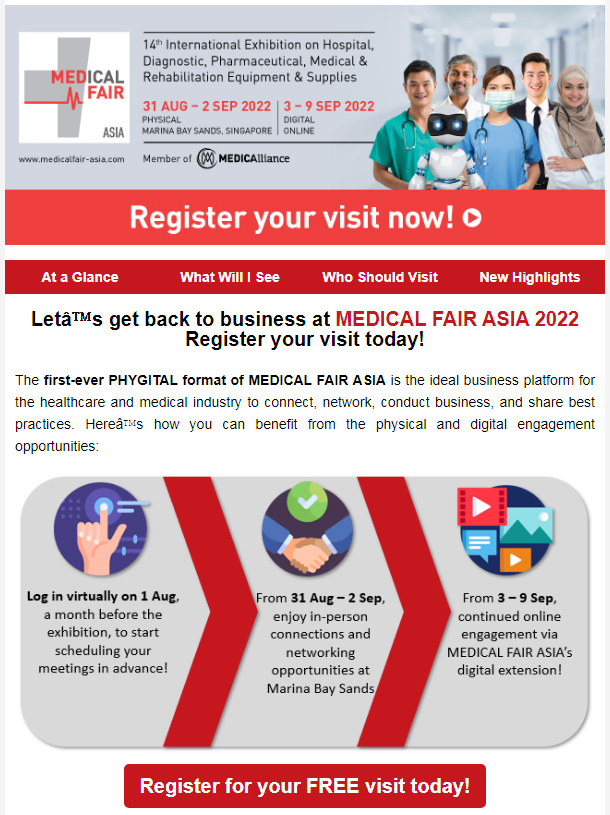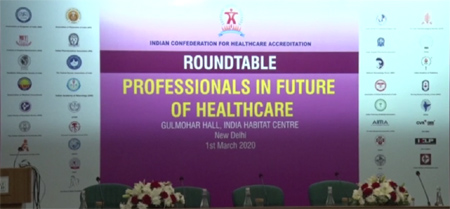Patient Rights And Responsibilities

- Access to care:
- Respect and dignity:
- Privacy and confidentiality
-
Refuse to talk with or see anyone not officially connected with the hospital, including visitors; persons officially connected with the hospital but who are not directly involved in his care.
-
Wear appropriate clothing and religious or other symbolic items, as long as they do not jeopardize safety or interfere with diagnostic procedures or treatment.
-
Be interviewed and examined in surroundings designed to assure reasonable privacy. It is the patient’s right to wish to have a person of one’s own gender present during physical examination, treatment, or procedure performed by a health professional; and the right not to remain disrobed any longer than is required for accomplishing the medical purpose for which the patient was asked to disrobe.
-
Expect that any discussion or consultation involving his / her case will not be conducted in public and that individuals not involved in direct care will not be present without permission of the patient.
-
Have his/ her medical record read only by individuals directly involved in treatment or monitoring of quality, and by other individuals only on authorization by the patient or that of his / her legally authorized representative.
-
Patient education includes method of preventing infections. Patients are told about proper hygienic condition to be maintained for avoiding infection and the result disease.
-
Expect that all communications and other records pertaining to his care, including the source of payment for treatment, be treated as confidential.
-
Expect that information given to concerned family members or significant other legally authorized person, be delivered in privacy and with due consideration of confidentiality.
- Personal safety and security
-
The patient has the right to expect reasonable safety in so far as the hospital practices and environment are concerned. To address the needs of patient, visitor and staff regarding safety and security, the hospital security personnel are present round the clock. Other safety and security measures include limited access to the facility, and the use of employee identification badges that are to be conspicuously displayed
- Identity
-
The patient has the right to know the identity and professional status of individuals providing service to him / her and to know which Consultant is primarily responsible for his / her care.
- Information and Education:
-
The patient has the right to obtain information from the Consultant responsible for coordinating his / her care, complete and current information concerning his / her diagnosis (to the degree known), treatment, nutritional requirements and any known prognosis. This information should be communicated in terms the patient can reasonably be expected to understand.
-
Patient has the right to seek information about disease process, expected complications, mitigation strategies and prevention techniques.
-
Patient has the right to seek the required information in the language they understand provided it is possible for the hospital to provide appropriate interpreter for the same.
-
The patient has the formal right of access to his / her medical records which will be provided as per existing policy and procedure.
-
Patient has the right to information on the expected cost of treatment. This information is communicated to the patient relative by the treating consultant. Patient is also informed about any additional cost (if any) to be incurred due to sudden change in the physical condition of the patient.
- Communication:
- Consent
-
The patient has the right to reasonably informed participation in decisions involving his / her healthcare. The patient shall not be subjected to any procedure without his / her voluntary, competent, and informed consent, or that of his / her legally authorized representative.
-
The patient has the right to know who is responsible for performing the procedures or treatment.
-
The patient may refuse treatment. When refusal of treatment by the patient or his / her legally authorized representative prevents the provision of appropriate care in accordance with ethical and professional standards, the relationship with the patient may be terminated upon reasonable notice.
- Consultation
-
The patient, at his own request, has the right to consult a physician of his / her choice from the panel of consultants available in the hospital.
- Transfer and Continuity of care
-
A patient may not be transferred to another facility unless he / she has received a complete explanation of the need for a transfer and the alternatives for a transfer, and unless the transfer is acceptable to the other facility. The patient has the right to be informed by the responsible Consultant or his / her designee of any continuing healthcare requirements following discharge from the hospital.
-
The patient has the right to request and receive an itemized and detailed explanation of his / her finalized bill for services rendered in the hospital.
- Hospital rules and regulations
No patient shall be denied admission due to race, color, religion, country / state origin, income status.
The patient has the right to considerate, respectful care at all times and under all circumstances, with recognition of his personal dignity and worth
The patient has the right, within the law, to personal and informational privacy, as manifested by the right to:
When the patient does not speak or understand the predominant language of the community, the hospital will make efforts to ensure that proper interpretation is done if it is possible to provide appropriate interpreter for the same.
The patient shall be informed of the hospital rules and regulations applicable to his / her conduct as a patient.





